
04 Oct 1991

Ricochet
An attorney is terrorized by the criminal he put away years ago when he was a cop.
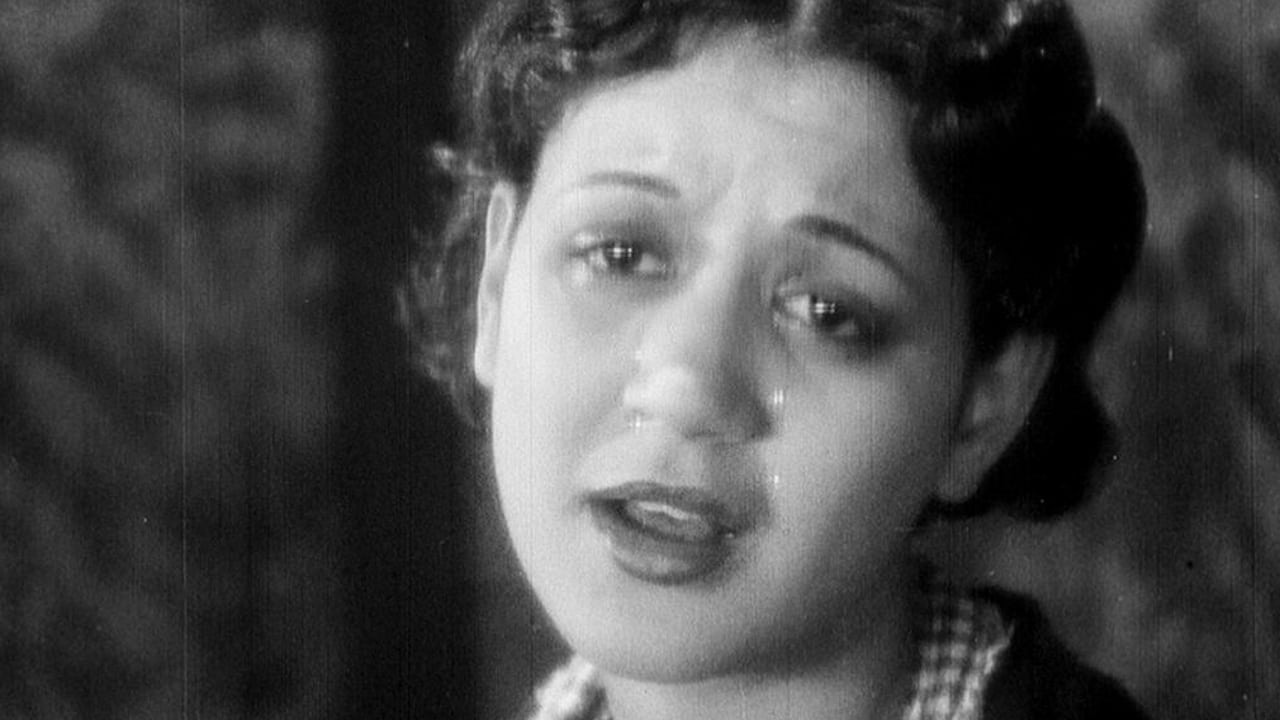
An educated, upscale young black musician marries a woman from a lower socioeconomic class to get her out of the clutches of her stepfather.
Alvin Hillyard
Eddie Blake
Lucretia Green
Louise Howard
'Spike' Howard

Ralph Hathaway
Alice Hathaway

04 Oct 1991

An attorney is terrorized by the criminal he put away years ago when he was a cop.
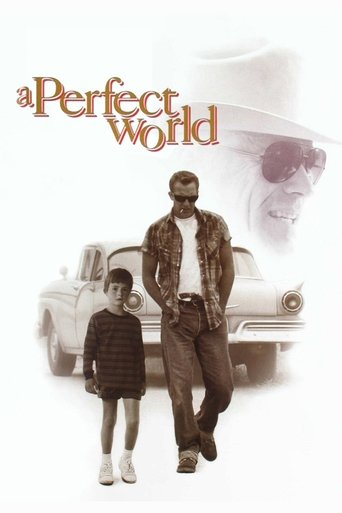
24 Nov 1993

A kidnapped boy strikes up a friendship with his captor: an escaped convict on the run from the law, headed by an honorable U.S. Marshal.
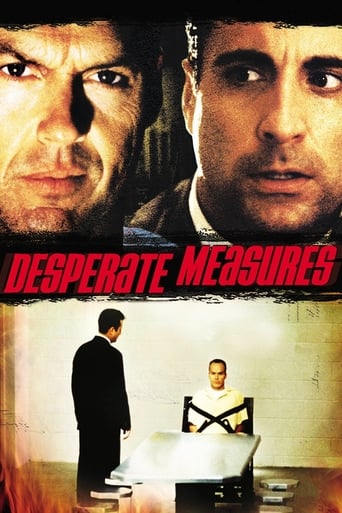
30 Jan 1998

San Francisco police officer Frank Connor is in a frantic search for a compatible bone marrow donor for his gravely ill son. There's only one catch the potential donor is convicted multiple murderer Peter McCabe who sees a trip to the hospital as the perfect opportunity to get what he wants most: freedom. With McCabe's escape, the entire hospital becomes a battleground and Connor must pursue and, ironically, protect the deadly fugitive who is his son's only hope for survival.
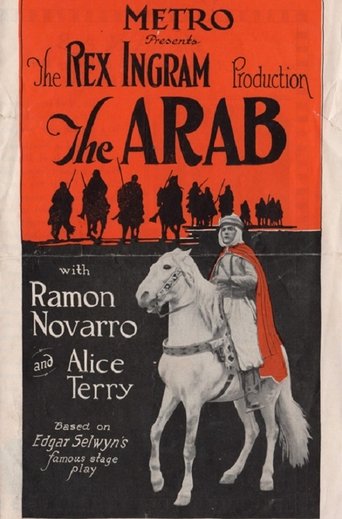
13 Jul 1924

Jamil, a soldier in the Bedouin defense forces during a war between Syria and Turkey, deserts his regiment but later returns to save children of a missionary’s orphanage who are at risk of being enslaved or killed by the Turks.

16 Dec 1970

Harvard Law student Oliver Barrett IV and music student Jennifer Cavilleri share a chemistry they cannot deny - and a love they cannot ignore. Despite their opposite backgrounds, the young couple put their hearts on the line for each other. When they marry, Oliver's wealthy father threatens to disown him. Jenny tries to reconcile the Barrett men, but to no avail.

17 Nov 1995

Widowed U.S. president Andrew Shepherd, one of the world's most powerful men, can have anything he wants -- and what he covets most is Sydney Ellen Wade, a Washington lobbyist. But Shepherd's attempts at courting her spark wild rumors and decimate his approval ratings.
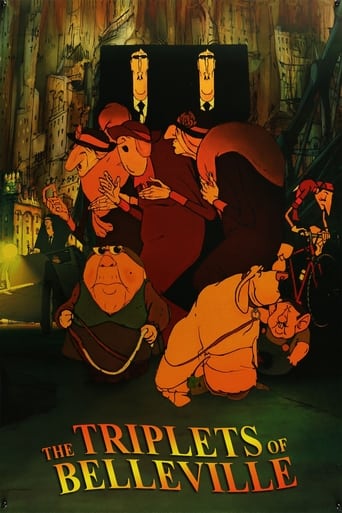
11 Jun 2003

When her grandson is kidnapped during the Tour de France, Madame Souza and her beloved pooch Bruno team up with the Belleville Sisters—an aged song-and-dance team from the days of Fred Astaire—to rescue him.

26 Jun 2014

The various faces of youth and people in an enclosed space of a convenience store for 12 hours.

16 Sep 1908

In 1908, Director/Producer Shozo Makino (father of Japanese cinema) directed and produced the first dramatic film in Kyoto. “Honnô-ji Gassen” was shot at Shinnyo-Do Temple. Considered a lost film.

09 Sep 2017

A mother struggles to take control of her life in the face of advanced Parkinson's disease, while her son battles his sexual and emotional identity amongst the violence of Alberta's oil field work camps.

01 Dec 1905

It was the first film version of the Hunchback of Notre Dame.

11 May 2017

Set in West Virginia during the 2014 Elk River chemical spill, a first-generation college student clashes with her family while investigating a bizarre issue with their water supply.

20 Jan 1924

After Matti is stabbed to death at his own wedding, Eero of Ojelmiston becomes a suspect, presumed to have avenged his recently deceased wife. Eero escapes with the help of a court judge but surrenders after his mother gets into trouble. At the courthouse, the priest admits that Vieremä Jaska confessed to the crime on his deathbed. The film has survived, but without subtitles.

09 Jan 1927

In northern Finland in the fall of 1916, Saima Niva rescues a man drifting in the river, who turns out to be a German lieutenant Braun. Braun and his six comrades have managed to escape the prisoner of war at the Muurmann railway station, but the lieutenant has had to get rid of the lost group. While Braun is recovering, under the good care of Saima, Niva's neighbor and henchman of the gendarmes, the greedy policeman Simpura, gets a tip about the refugees camped in the desert.

13 Nov 1927

When the general manager of the factory, Lumiala returns from his travels, he learns that his wife Anna has hired a young man named Oras as an office assistant. Anna, who feels Oras is the fruit of his youthful sin, is ready to defend the boy despite his family's petitions and Ora's crimes. Ora's girlfriend Pansy also tries to keep him on the right track.
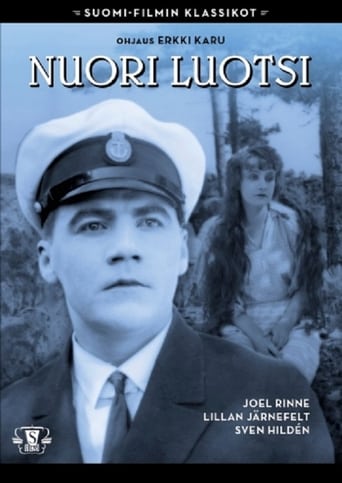
01 Jan 1928

Eero Luotola is a pilot operating in Kalliosaari, whose crush is Annikki, who lives in the same village. They have known each other since childhood and have promised to get married at some point.

26 Jan 1930

Forester Antti Kare and manager John Freyberg travel north in search of millions worth of timber sales. The manager's giddy daughter Margit also secretly joins the journey.

06 Aug 1999

In the small town of Rockwell, Maine in October 1957, a giant metal machine befriends a nine-year-old boy and ultimately finds its humanity by unselfishly saving people from their own fears and prejudices.
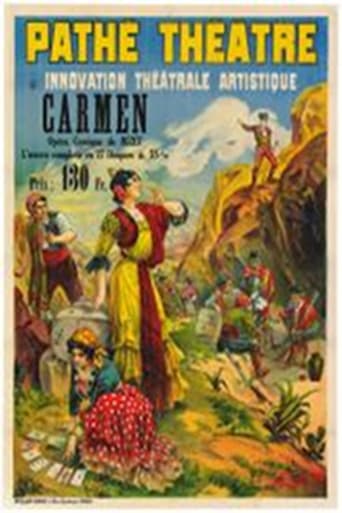
11 Nov 1909

No overview found
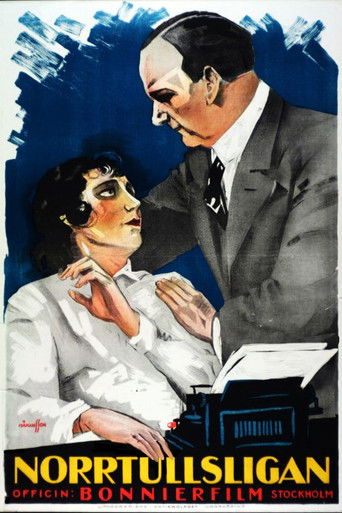
23 Dec 1923

A collective of office girls and their tribulations in the male world, female solidarity, the place of women in the labor and civil rights struggles and the conflict between love and work.